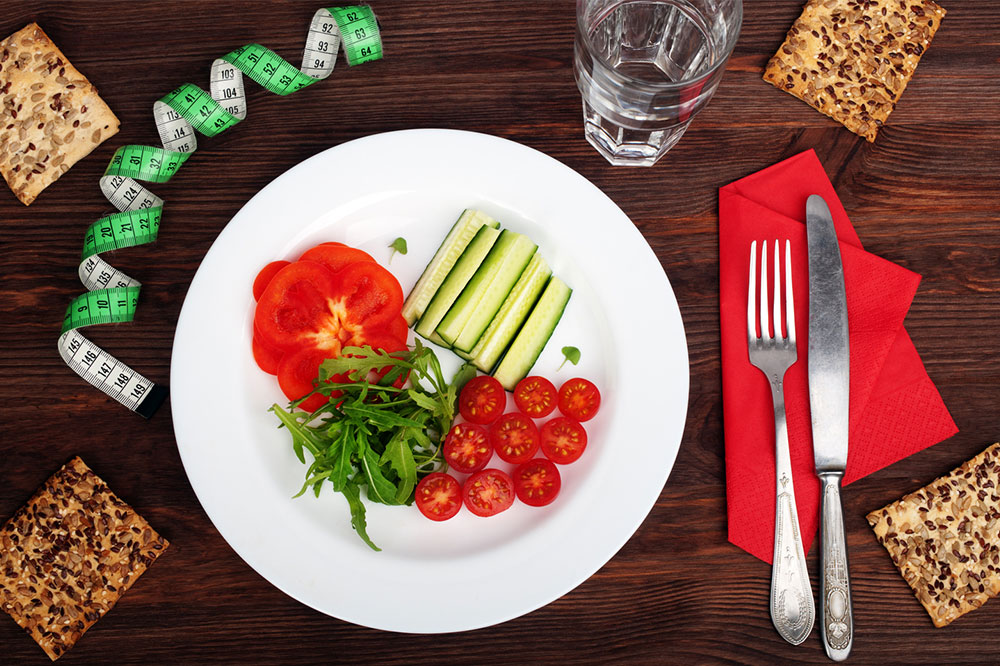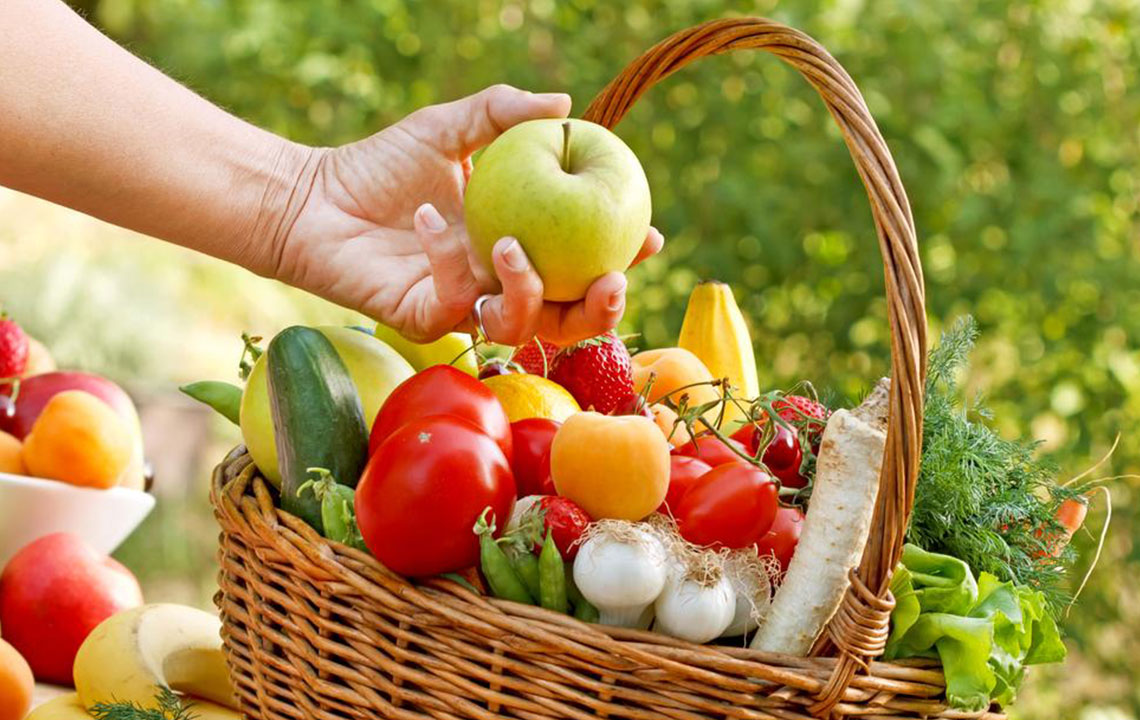Dietary Tips: Foods to Limit When Managing Ulcerative Colitis
This article provides dietary guidance for managing ulcerative colitis by highlighting foods to limit, including high-fiber grains, seeds, legumes, and certain dairy products. It emphasizes the importance of diet adjustments to reduce inflammation and symptoms, recommending easily digestible options like white rice and cooked fruits and vegetables. The advice aims to help individuals better manage their condition through informed food choices, always under medical supervision.
Diet Modifications for Managing Ulcerative Colitis
Foods to steer clear of with ulcerative colitis
Ulcerative colitis is a form of inflammatory bowel disease (IBD) marked by persistent inflammation and ulcers in the colon and rectum, sections of the large intestine. Millions worldwide are affected, with prevalence rates ranging from 40 to 250 cases per 100,000 people. Symptoms include bloody diarrhea, rectal discomfort, bleeding, and urgent bowel movements. Children may experience similar symptoms alongside tiredness, fever, and growth delays.

Adjusting your diet is essential for managing symptoms of ulcerative colitis. Foods rich in fiber, especially those containing whole grains, can be difficult to digest and may aggravate inflammation. Here are some foods recommended to limit:
Whole grains like brown rice and other high-fiber starches
Foods such as brown rice, quinoa, oats, buckwheat, and wild rice contain fibers that can irritate the digestive tract, leading to increased discomfort. It’s advisable to avoid barley, millet, wheat berries, bulgur, and spelt.
Choose easily digestible, well-cooked white rice, which is lower in fiber.
High-fiber cereals and baked goods
Cereals, bread, pasta, and noodles made from whole grains often contain high amounts of fiber that could trigger symptoms. Switch to products made from refined white flour, like white bread, pasta, or cereals such as puffed rice or cream of wheat.
Seeds
Though small, seeds like sesame, flax, millet, pine nuts, pumpkin, and sunflower seeds contain insoluble fibers. They can cause gas, bloating, and diarrhea, so limiting seed intake may benefit symptom control.
Legumes and pulses
Legumes like beans, lentils, and chickpeas are fiber-rich and nutritious but can cause excessive gas and bowel irritation, potentially worsening flare-ups.
Fruits and vegetables with high fiber
While healthy, skins and seeds of fruits and vegetables contain lots of fiber. Peeling, seeding, and cooking until soft can improve digestion. Canned, pureed, or juiced options are also easier on the gut.
Dairy products
Some with ulcerative colitis may find dairy worsens symptoms, especially if lactose intolerant. Limiting high-fat dairy like full-fat milk, cheese, and cream can reduce discomfort.
Sulfates and related compounds
Sulfates found in processed foods, beer, red meats, and cruciferous vegetables can produce toxic gases in the gut of ulcerative colitis patients. Cutting back on these may help reduce flare-ups.
Disclaimer: This article offers general health information and should not replace personalized medical advice. Consult healthcare professionals for tailored treatment plans. Content accuracy is based on current research but may not encompass all available options.


